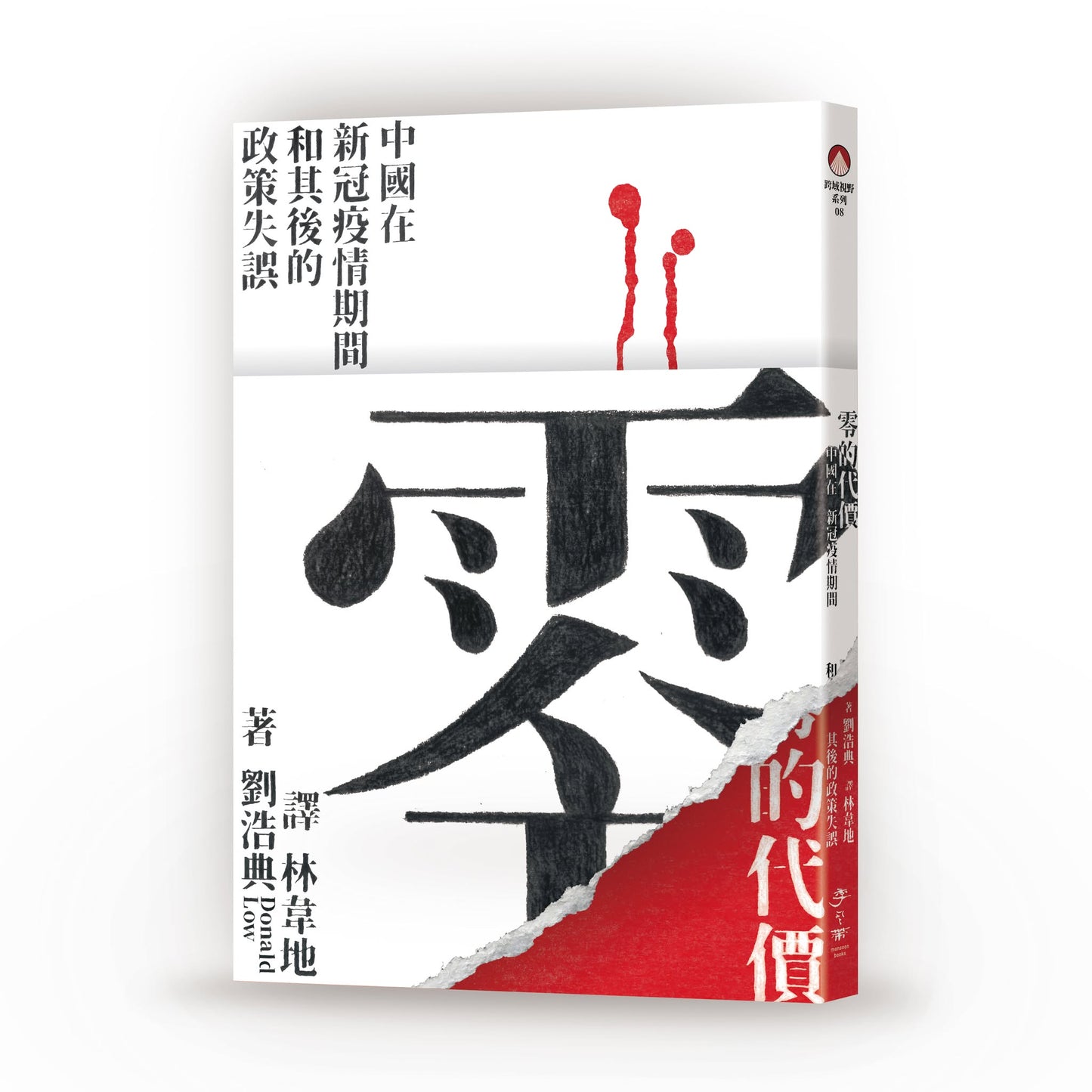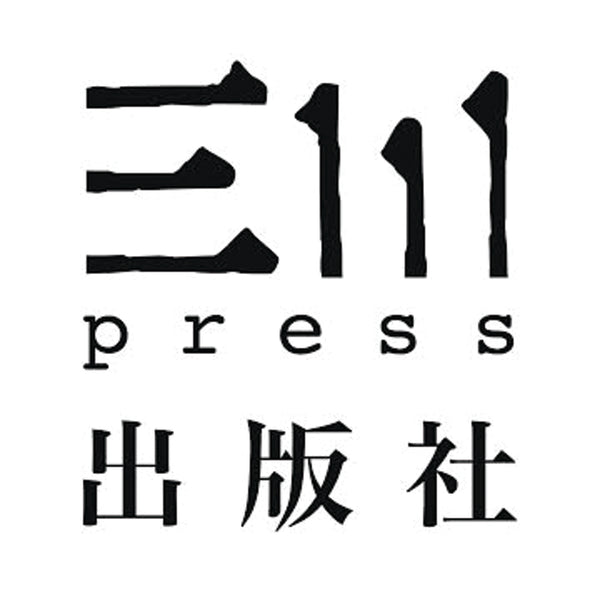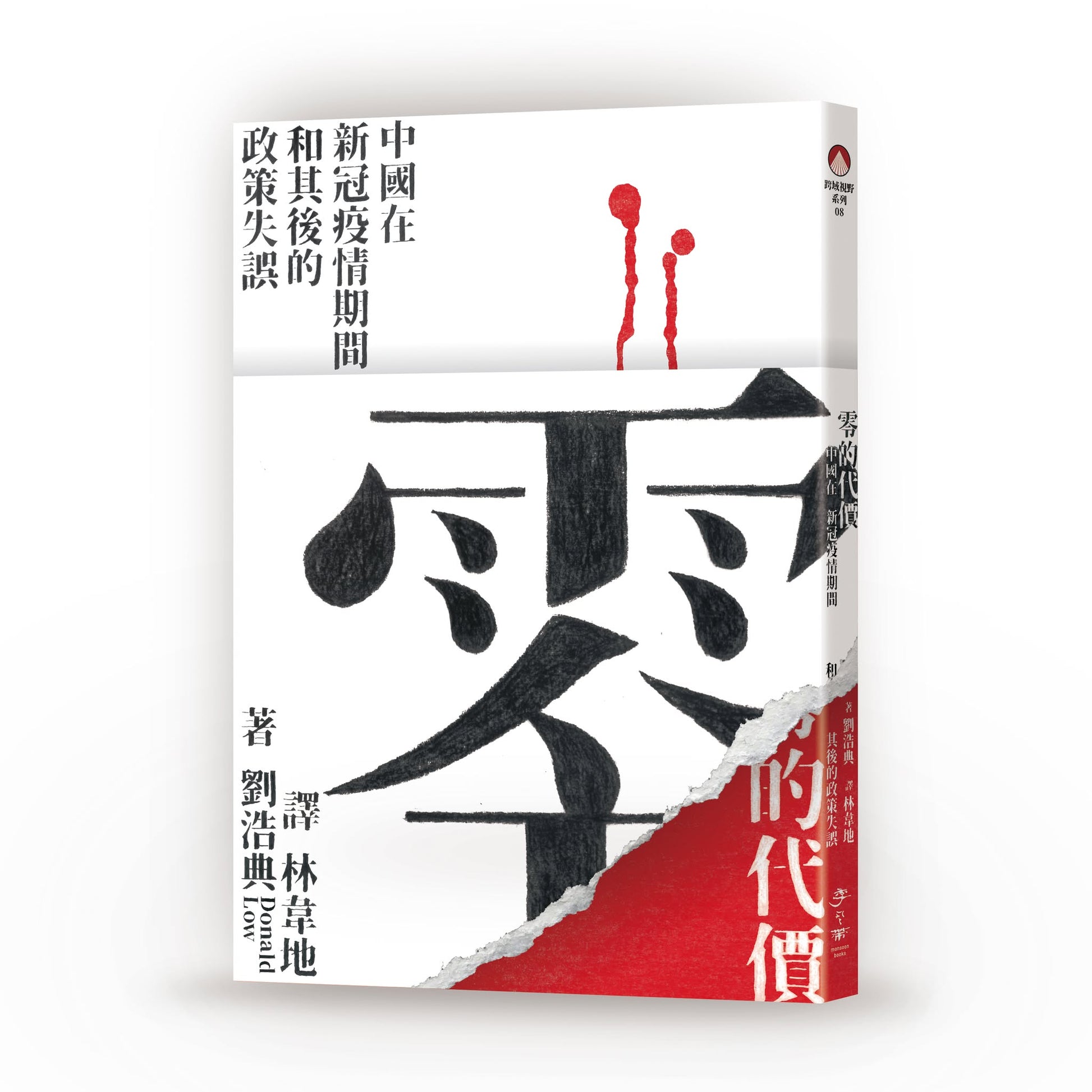The Cost of Zero: China’s Policy Mistakes During and After the COVID-19 Pandemic
The Cost of Zero: China’s Policy Mistakes During and After the COVID-19 Pandemic
20 in stock
Couldn't load pickup availability
ISBN/EAN: 9786269872749
出版日期: 2025-06-25
页数: 222页
语言: Traditional Chinese
This collection of commentaries on the Chinese economy explores the reasons and economic consequences of China's implementation of a zero-COVID policy during the pandemic . The book argues that, due to China's initial success in containing the COVID-19 pandemic, while most developed countries failed to effectively control the virus, the zero-COVID policy gradually evolved into an ideology. The dogmatic thinking, arrogance, and utopian beliefs that drove the zero-COVID policy also led to a series of crackdowns on industries that, until recently, had been crucial sources of growth and innovation in China. The result was a sharp economic downturn, a decline in foreign direct investment, and debt deflation. Meanwhile, the state's social engineers sought to transform the economy into a technological utopia, leading the world in the industries of the future. However, unless policymakers commit to deeper market reforms and establish a new social contract, China's economic rise could be in jeopardy.
"Liu Haodian offers a profound and unreserved analysis of China's current predicament, which is invaluable at a time of uncertainty about China's future. His criticism is based on solid economic analysis and behavioral understanding, and he is fearless and outspoken. His warnings about China's misguided zero-COVID policy have proven to be highly prescient. This collection of essays will provide readers with a clearer understanding of China's development trajectory in recent years."
—Manu Bhaskaran, Founding Director and CEO of Centennial Asia Advisors
"During the pandemic, I relied on Lau Ho-tin's analysis of Hong Kong and mainland China's anti-epidemic policies and his exploration of alternatives in the South China Morning Post and other media outlets. His insights were always insightful, evidence-based, and incredibly clear. Now, I'm delighted to see his articles collected into a book. As the COVID-19 pandemic and its impact fade from our memory, these articles serve not only as a historical record of the policy response but also as a reminder of other possible paths that were not chosen. If we are unfortunate enough to face another pandemic, these articles may prove to be an invaluable resource."
—Dr. Cameron Campbell, co-author of "The Fate and Opportunity of Rural China" and "Life Under Pressure: Mortality and Living Standards in Eurasia, 1700-1900"
The Price of Zero offers a fascinating and timely analysis of China's zero-COVID policy and its economic impact. Liu Haodian's insightful observations, rooted in behavioral economics and complexity science, offer a fresh perspective on the dangers of complacency and utopian thinking in policymaking. This is an indispensable resource for anyone seeking to understand China's post-pandemic development.
— Professor Naubahar Sharif, Director of the Division of Public Policy at the Hong Kong University of Science and Technology
"The Price of Zero" offers a profound examination of China's zero-COVID strategy, drawing on behavioral economics, complexity science, and astute economic observation. These essays reveal how institutional biases and utopian thinking undermine effective policymaking. What distinguishes this book is its balanced perspective: it both acknowledges the initial successes of the zero-COVID policy and criticizes its ideological rigidity, which allowed these early gains to devolve into persistent difficulties. With candor and courage, the book not only holds policies accountable but also identifies opportunities for recovery and reform. This collection of essays is not only a record of the pandemic and its aftermath, but also a profound reflection on how to balance human well-being, economic stability, and ethical governance. It is a must-read for anyone seeking to understand how societies respond to crises.
—Dr. Serene Koh, Head of Behavioral Insights Team, Singapore
Donald Low
Senior Lecturer and Professor of Practice at the Hong Kong University of Science and Technology. Author of The Dilemma of Authoritarian Politics: Imagining Singapore's Future Politics (2021).
He has written opinion pieces for the South China Morning Post, Nikkei Asia, and The Diplomat.
Before moving to Hong Kong, he was Vice Dean of the Lee Kuan Yew School of Public Policy in Singapore.
11 Preface
21 Introduction: China’s chronic trauma
Jiyi insists on clearing zero
34 Why we may have to accept that this new coronavirus is here to stay
42 Is actively containing the virus the most appropriate policy response?
47 Economies pursuing zero COVID-19 infections are trapped by their own success
51 The new coronavirus will not disappear on its own, we should learn to coexist with it
56 Hong Kong can escape the dilemma of zero confirmed cases
62 China's adherence to the "zero-COVID" policy reveals three unusual truths
68 China will find it difficult to escape the consequences of its zero-COVID policy
73 Three possible scenarios for ending the epidemic in Hong Kong
80 Hong Kong’s zero-COVID policy risks becoming a “zero-confirmation trap”
86 Lessons Learned from Hong Kong’s Futile Effort to Follow China’s Zero-COVID Policy
91 China’s zero-COVID policy will confuse historians for years
95 Hong Kong’s political taboos should not hinder an independent investigation into the epidemic
Part 2: Dealing with the Consequences
104 Is China Making Mistakes in its Pursuit of “Common Prosperity”?
111 China's Dual Debt Crisis is a Warning Against Overconfidence
118 Can China withstand the real estate crisis and rebalance its economy?
123 China's moralization of public policy may erode welfare growth
129 China’s economic difficulties were entirely foreseeable
135 Why should China allow diverse views on the economy?
140 China's real estate market needs a new growth model to shift
146 Why does Hong Kong’s economy need to transcend its role as China’s “super connector”?
152 Hong Kong’s exclusion from the economic freedom ranking is actually a good thing
158 Hong Kong needs to consider introducing a consumption tax and removing the peg to the US dollar
164 China’s drive for industrial dominance could harm itself and other countries
170 Beijing's social engineers are always obsessed with production
175 China should learn from Japan’s decades of debt deflation
180 China's Third Plenum Offers Limited Hope for Weak Economy
186 To restore consumer confidence, China must rescue its real estate market
190 From COVID-19 to Economic Stimulus: Why is China prone to sudden policy U-turns?
197 Why do Chinese bulls always make mistakes?
203 Structural Changes and Reforms China Needs
215 Appendix: Publication Records
Share


